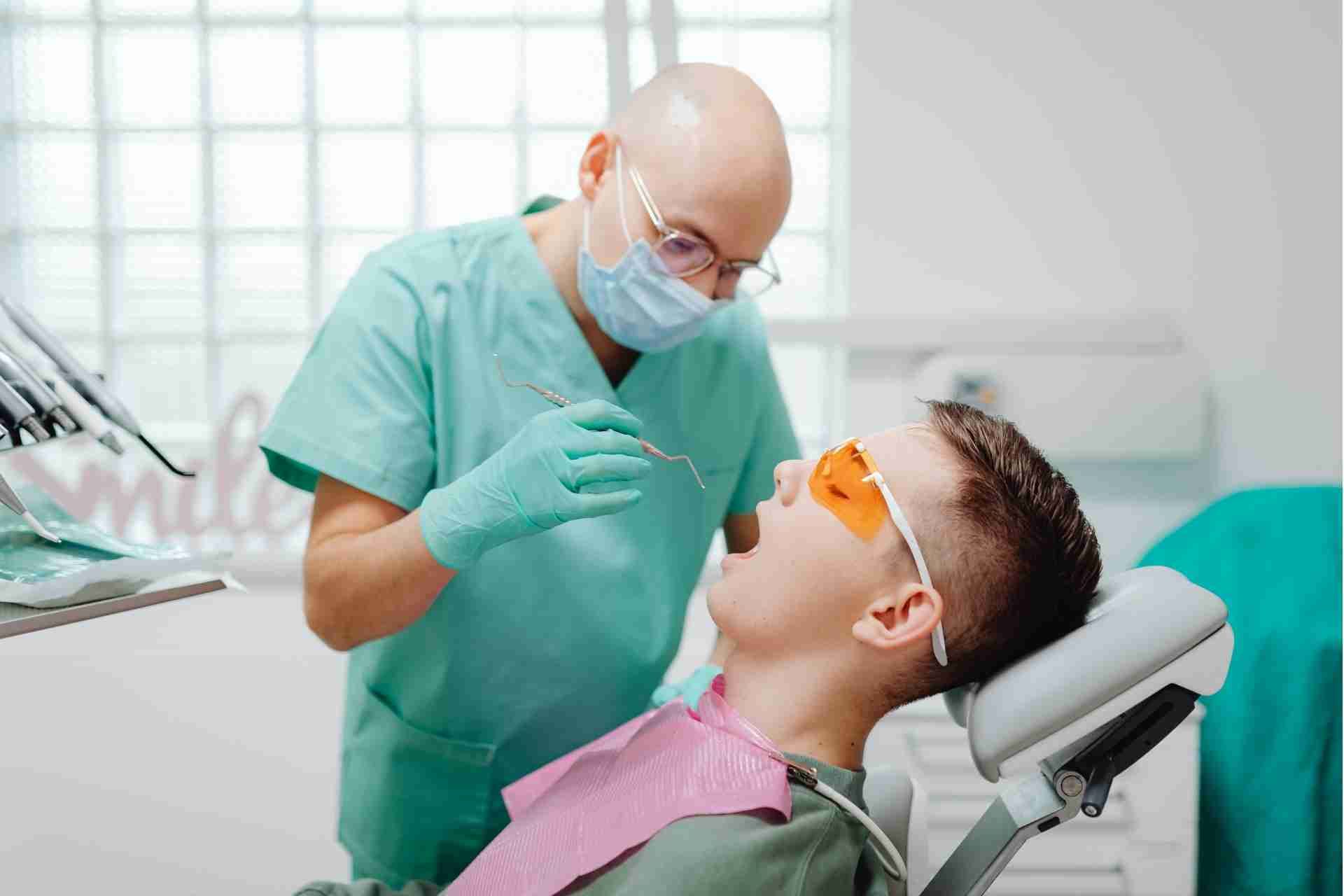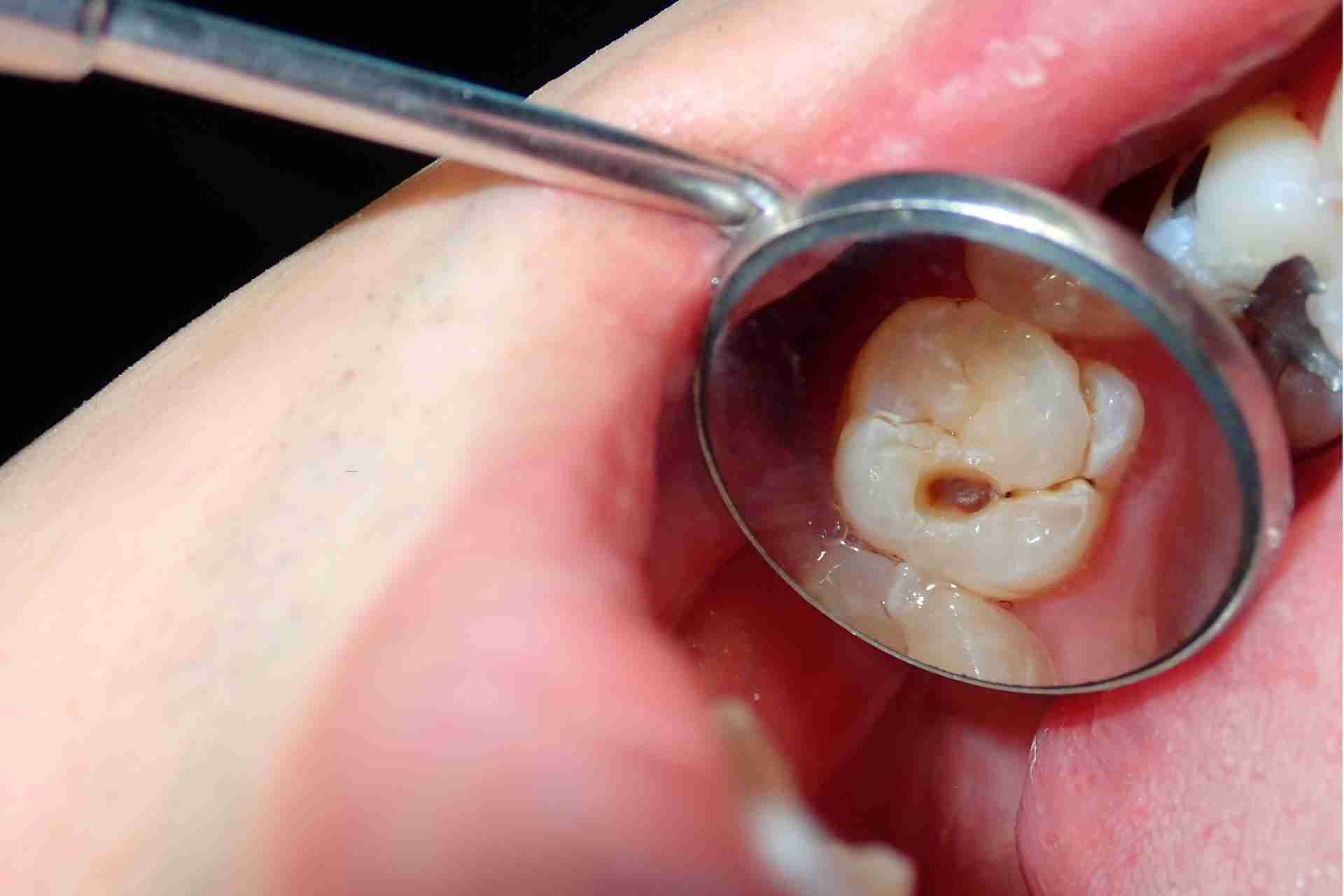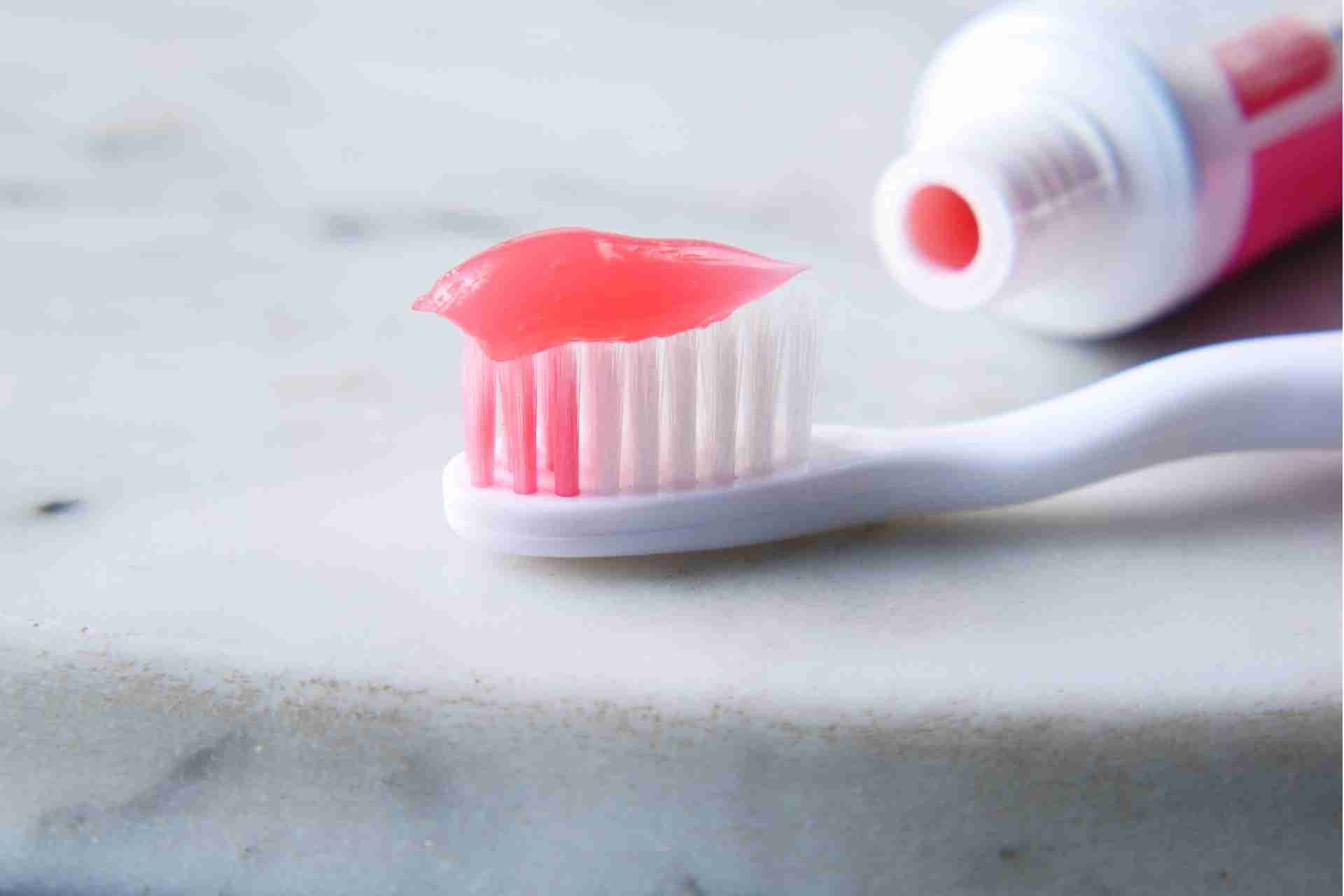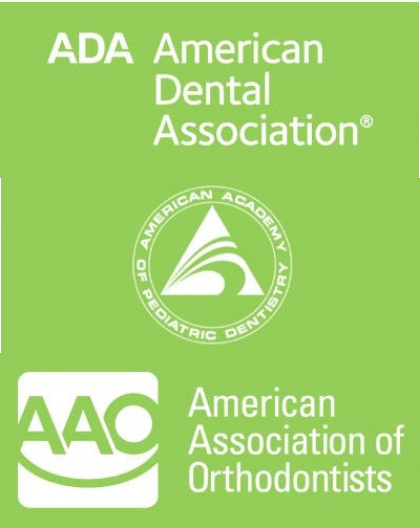Does it Hurt to Get Braces?
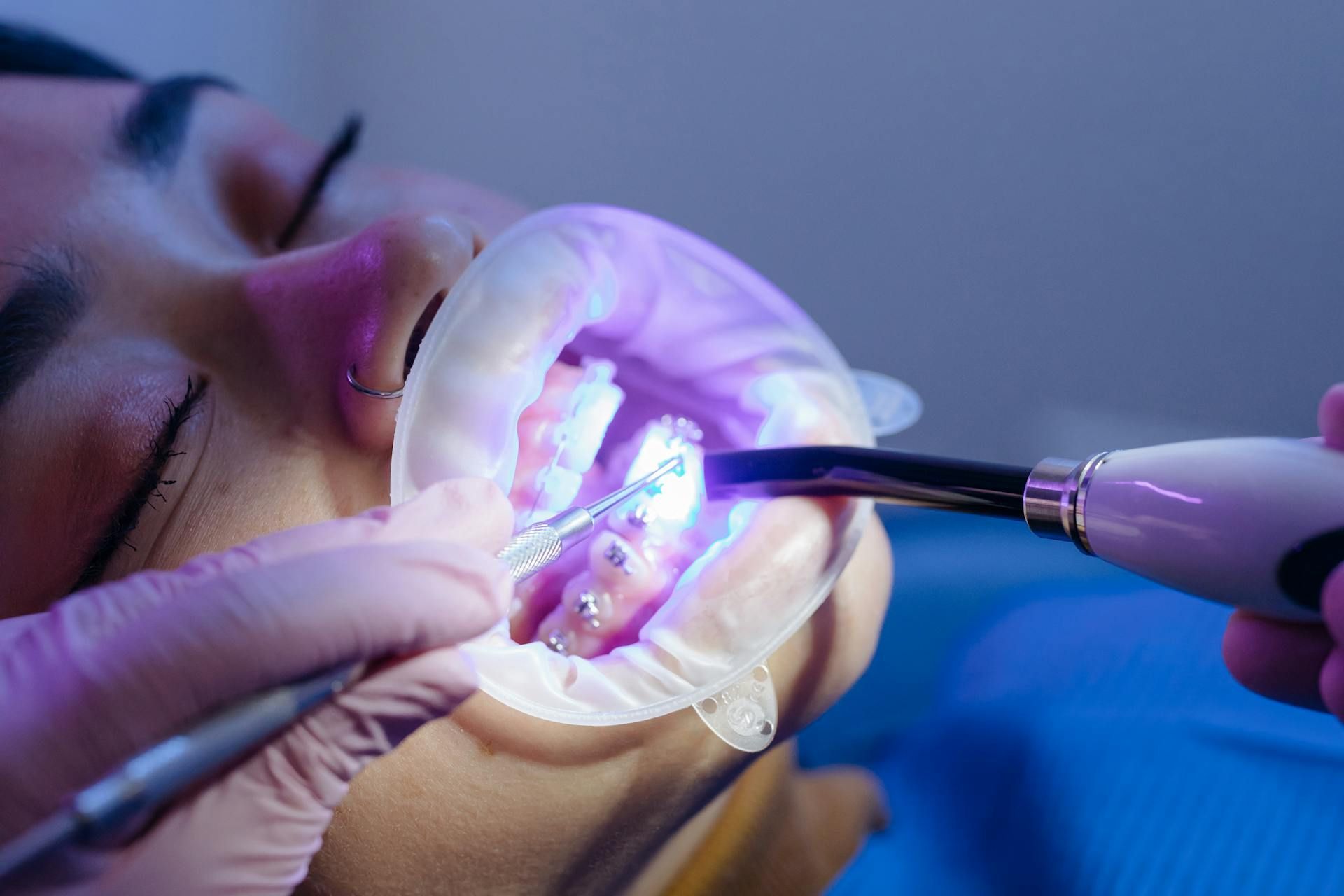
Are you considering getting braces but feeling a little apprehensive about the process? Many people wonder, "Does it hurt to get braces?" The truth is, while there may be some discomfort involved, the overall experience is well worth it for the beautiful smile that you will achieve.
Does it Hurt to Get Braces?
Let's start by addressing the initial day of getting braces. During this appointment, your orthodontist will apply the brackets to your teeth using a special adhesive. Some patients may experience slight sensitivity or discomfort during this process, but it is generally not painful. The orthodontist will then connect archwires to the brackets, which may cause some pressure on your teeth. Again, discomfort varies from person to person, but it is typically tolerable.
In the days following the application of braces, you may experience some soreness. This is normal as your teeth start moving and adjusting to their new positions. The discomfort is usually likened to a dull ache and can be alleviated by over-the-counter pain relievers or by following your orthodontist's recommendations for managing discomfort. A soft diet during this time may also help ease any discomfort you may feel while chewing.
It's important to note that the level of discomfort may depend on the type of braces you choose. Traditional metal braces tend to exert more pressure initially compared to newer options like clear aligners (such as Invisalign). However, it's advisable to consult with your orthodontist to determine the best treatment option for your specific needs.
As your treatment progresses, you will visit your orthodontist periodically for adjustments. These appointments may involve tightening or replacing archwires, which can cause some temporary discomfort. However, the discomfort tends to be minor and short-lived, as your teeth become accustomed to the adjustments.
Despite any initial or occasional discomfort, it's crucial to remember that getting braces is a highly transformative journey. They are an investment in your oral health and will give you a beautiful smile that can boost your confidence and improve your overall dental alignment.
It's also worth mentioning that the discomfort experienced during the orthodontic treatment is temporary. In contrast, the long-term benefits of having straighter teeth, improved bite alignment, and a healthier mouth far outweigh any temporary discomfort.
How Long Do Braces Hurt?
When you first get braces, it's common to experience some level of discomfort. Your mouth needs time to adjust to the metal brackets and wires. This initial soreness usually lasts for a few days, and it may feel like pressure or aching in the mouth. Eating and speaking may be slightly uncomfortable during this period.
After the first few days, you might experience intermittent soreness as your teeth start to shift. This discomfort is usually mild and can be managed with over-the-counter pain relievers or orthodontic wax. Orthodontic wax is a miracle worker when it comes to reducing irritation caused by braces. Simply apply a small amount of wax over the brackets or wires that are causing irritation, and it will create a protective barrier.
It's important to note that not everyone experiences significant pain with braces. Some individuals have a higher pain tolerance and might only feel minimal discomfort. Each person's experience with braces is unique, so it's difficult to determine exactly how long braces will hurt. However, the soreness usually subsides within the first month of treatment as your mouth becomes accustomed to the braces.
What to Do If My Braces Hurt?
Rinse with warm salt water
Simple but effective, rinsing your mouth with warm saltwater can help ease the discomfort caused by braces. Dissolve one teaspoon of salt in a glass of warm water and gently swish it around your mouth for about 30 seconds before spitting it out. This natural remedy helps reduce inflammation and can provide temporary relief.
Apply orthodontic wax
Orthodontic wax is a product that can be applied to braces to reduce friction and alleviate pain caused by wires or brackets. If you feel any irritation or sore spots in your mouth, simply break off a small piece of wax, roll it into a ball, and press it gently onto the problematic area. The wax acts as a protective barrier, preventing the braces from rubbing against the inside of your mouth.
Use over-the-counter pain relief
In some cases, you may need a little extra help to manage the discomfort. Over-the-counter pain relievers, such as ibuprofen or acetaminophen, can be effective in reducing the pain caused by braces. However, be sure to consult your orthodontist or pharmacist before taking any medication to ensure it is suitable for you.
Opt for softer foods
When your braces are causing discomfort, it’s best to avoid hard, crunchy, or sticky foods that can further irritate your mouth. Opt for softer options like soups, yogurt, mashed, or smoothies. These will provide your body with the necessary nutrients while the strain on your braces.
Adjust your oral hygiene routine
Maintaining good oral hygiene is crucial during orthodontic treatment, but when braces are causing discomfort, you might consider adjusting your routine slightly. Use a soft-bristled toothbrush and be gentle when brushing around sensitive areas. Additionally, rinse with an alcohol-free mouthwash to help keep your mouth clean and fresh without causing any extra pain.
Consult your orthodontist
If the pain persists or becomes unbearable, it is always advisable to consult your orthodontist. They are the experts and can assess your situation, make the necessary adjustments to your braces, or provide additional recommendations tailored to address your specific discomfort.
When your braces hurt, seeking professional help from
Pennington Orthodontics & Pediatric Dentistry is the smart choice. Their experienced team, commitment to patient comfort, and utilization of modern technology make them the go-to orthodontic practice for addressing braces-related discomfort. Don't suffer in silence - reach out to Pennington Orthodontics & Pediatric Dentistry today, and let them help you find relief and achieve the smile you've always wanted.



